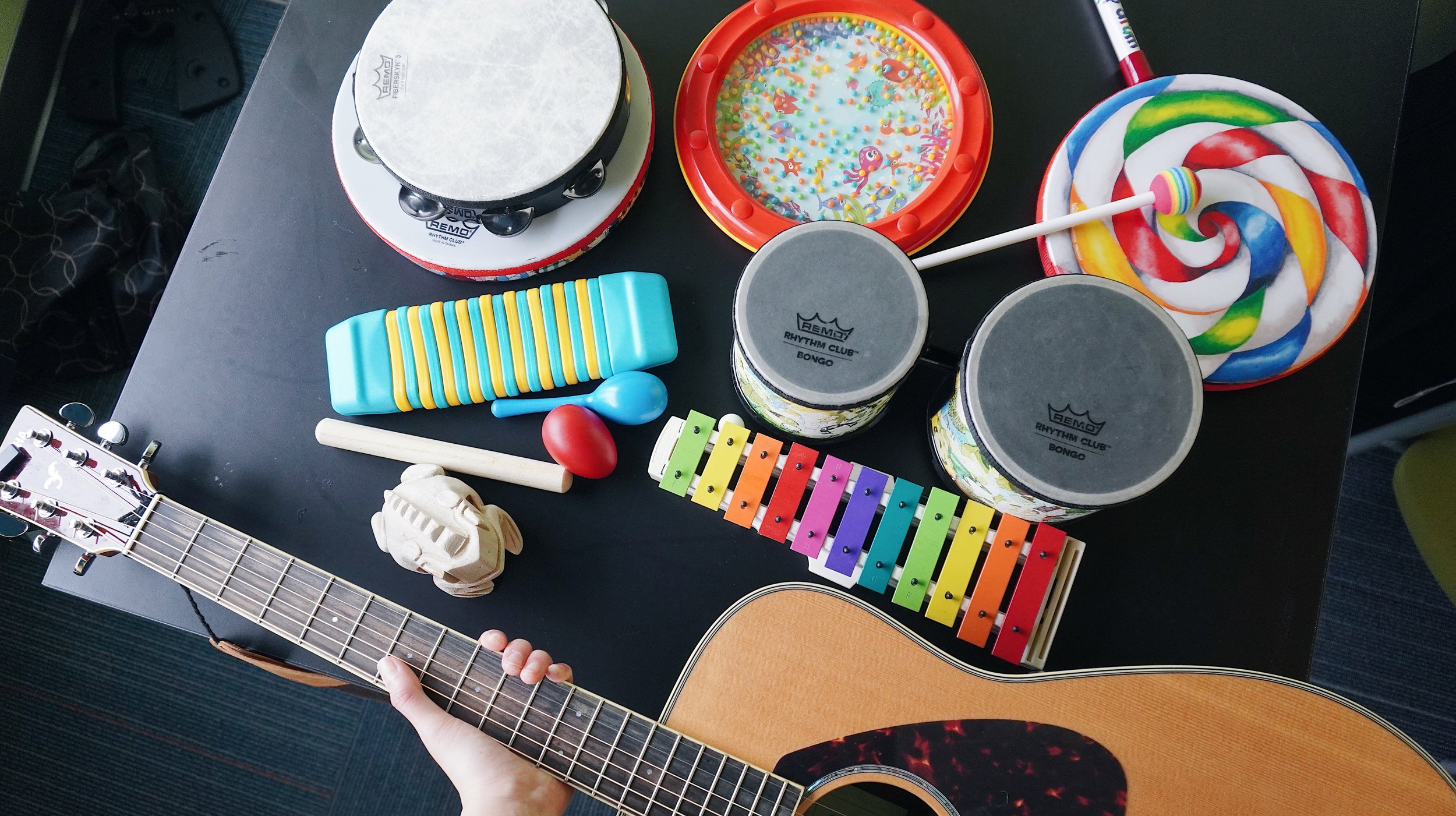
Special Needs
Music therapy for individuals with special needs is a therapeutic approach that harnesses the power of music to address the unique challenges and strengths of those who have developmental, cognitive, emotional, or physical disabilities. This specialized form of therapy creates a safe and supportive space where individuals can engage with music to enhance their overall well-being, communication skills, self-expression, and quality of life.
Key aspects of music therapy for special needs include:
Personalized Approach: Music therapists work closely with individuals to understand their abilities, preferences, and goals, tailoring interventions to their specific needs and interests.
Nonverbal Communication: For individuals who have difficulty expressing themselves verbally, music serves as a powerful mode of communication, allowing them to convey emotions and thoughts through sound and movement.
Emotional Regulation: Music can help individuals manage emotions, reduce anxiety, and promote relaxation by providing an outlet for self-expression and emotional release.
Social Interaction: Group music therapy sessions offer opportunities for social engagement, peer interaction, and teamwork, fostering connections and a sense of belonging.
Cognitive Stimulation: Music therapy engages various areas of the brain, supporting cognitive development, memory, attention, and problem-solving skills.
Physical Development: Music therapy can incorporate movement-based activities that promote physical coordination, motor skills, and body awareness.
Self-Esteem and Confidence: Achievements in music-making, whether through playing instruments or singing, can boost self-esteem and confidence in individuals with special needs.
Sensory Integration: Music engages multiple senses, making it a valuable tool for sensory integration therapy, especially for individuals with sensory processing challenges.
Behavioral Management: Structured musical activities can be used to address behavioral challenges, promote positive behaviors, and reduce aggression or agitation.
Interventions
Music therapy interventions for special needs individuals may involve:
Playing instruments to encourage fine motor skills.
Singing songs with repetitive phrases to support language development.
Movement-based activities that promote gross motor skills.
Interactive music games to enhance social skills.
Using technology to create accessible musical experiences.
Creating personalized playlists to evoke memories and emotions.
Overall, music therapy for individuals with special needs focuses on empowering individuals to express themselves, develop skills, and engage with their environment in meaningful ways. By tapping into the universal appeal of music, therapists create avenues for growth, self-discovery, and personal fulfillment, regardless of the challenges individuals may face.

